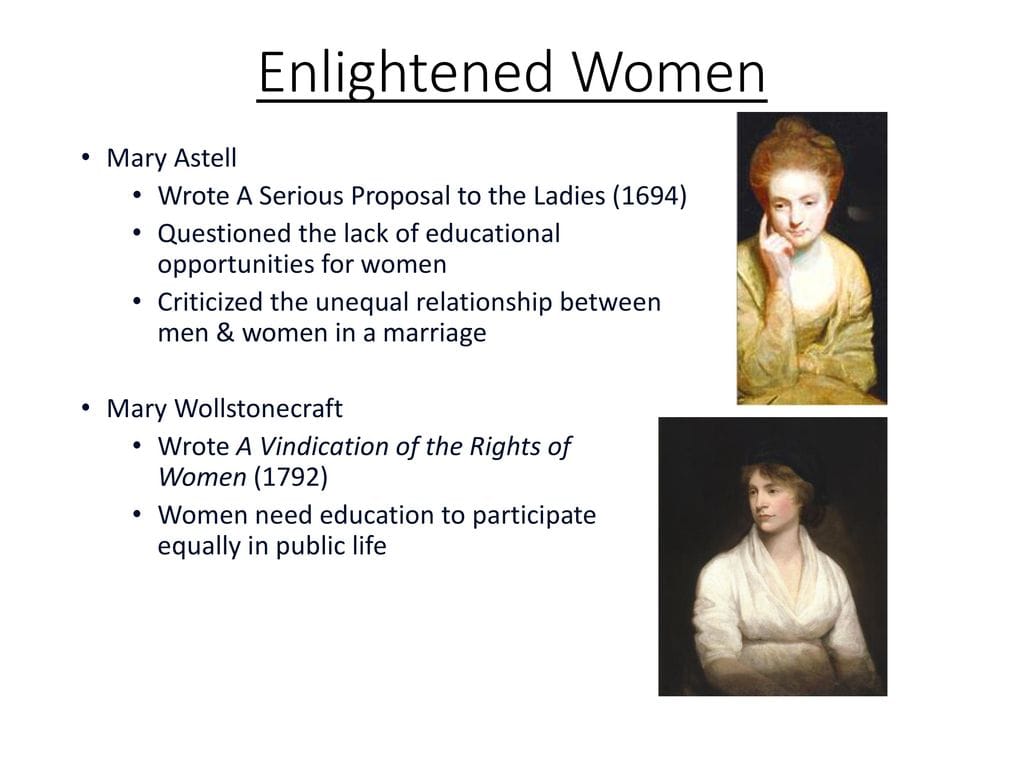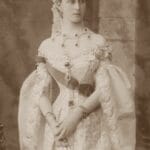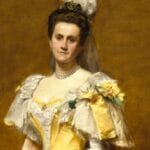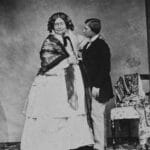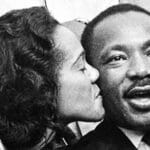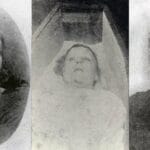Mary Astell, born in 1666, stands as a remarkable figure in 17th-century England. During a time when women’s roles were largely confined to the domestic sphere, Astell dared to envision a world where women had equal access to education and autonomy. Her radical ideas, though controversial in their time, laid the groundwork for later feminist movements and continue to resonate today.
Astell’s Radical Vision: Education and Equality for Women
Imagine 17th-century England: a society where women’s education was often limited to household management. Into this world stepped Mary Astell, a trailblazer who argued passionately for women’s intellectual equality. In her groundbreaking work, A Serious Proposal to the Ladies (1694), she proposed a radical idea: a college exclusively for women. This institution, as Astell envisioned it, wouldn’t focus on needlepoint and etiquette; instead, it would offer rigorous academic instruction in subjects like philosophy, theology, and the arts, mirroring the education men received. This proposal, though met with resistance, was a pivotal moment in the fight for women’s education, prefiguring the women’s colleges and universities that would eventually emerge. It suggests a deep belief in women’s intellectual capabilities, a conviction that flew in the face of conventional wisdom.
Astell’s fight for equality extended beyond education. In Some Reflections Upon Marriage (1700), she critiqued the institution of marriage, arguing that it often resembled a form of servitude for women. At a time when marriages were often arranged and women had limited legal rights, Astell’s call for autonomy and choice was revolutionary. She did not necessarily oppose marriage outright, but she challenged the power imbalances inherent in traditional marital roles, advocating for relationships based on mutual respect and understanding. This critique continues to provoke discussion about gender dynamics within relationships even today.
Astell’s Key Contributions: A Legacy of Empowerment
Mary Astell’s impact stems from her unwavering belief in women’s intellectual capacity and her courageous challenge to societal norms. Here’s a closer look at her core contributions:
Championing Women’s Education
Astell’s most enduring legacy probably lies in her advocacy for women’s education. A Serious Proposal to the Ladies stands as a testament to her vision for a world where women could cultivate their minds and contribute intellectually to society. Some scholars suggest this proposal was not merely theoretical; Astell outlined a detailed curriculum and organizational structure, demonstrating a practical approach to realizing her vision.
Challenging Traditional Marriage
Astell’s critique of marriage in Some Reflections Upon Marriage was equally groundbreaking. By comparing marriage to slavery, she exposed the power dynamics that often disadvantaged women. This critique resonated with many women then and continues to inform discussions about gender equality within relationships today.
The Power of Female Community
Recognizing the isolating effects of patriarchal society, Astell emphasized the importance of female friendship and solidarity. She actively cultivated networks of female friends and encouraged other women to do the same. This focus on female community suggests an understanding of the strength and support women could draw from one another. It’s worth noting that while we know Astell fostered these relationships, the details of these networks are often lost to history, highlighting the challenges of reconstructing women’s lives in this period.
Religious Influence and Philosophical Depth
Astell’s devout Anglican faith profoundly influenced her views. She believed that education and intellectual growth were essential not only for personal development but also for spiritual fulfillment. This intersection of faith and social justice provides a unique perspective on her work. In addition to her social critiques, Astell also engaged with complex philosophical questions about metaphysics, epistemology, and ethics. Her writings demonstrate a rigorous intellect and a willingness to grapple with challenging ideas, further solidifying her status as a significant philosophical figure.
Astell and Locke: A Philosophical Clash
Mary Astell and John Locke, two prominent thinkers of their time, clashed on fundamental issues concerning women’s place in society. Their disagreements highlight the evolving understanding of gender roles during the late 17th and early 18th centuries.
Differing Views on Women’s Nature
Astell firmly believed in the intellectual equality of women, arguing that they possessed the same capacity for reason as men. Locke, while a proponent of individual liberties, held more traditional views on gender roles. He implied that women were naturally inclined towards domesticity and subservience. Ongoing research explores the nuances of Locke’s position and the extent to which his views reflected societal norms rather than a deep-seated belief in women’s inherent inferiority.
Conflicting Perspectives on Marriage
Their contrasting views on marriage further illustrate their philosophical divide. Astell’s bold comparison of marriage to slavery directly challenged Locke’s view of marriage as a natural and beneficial institution. Scholars continue to debate the full implications of Astell’s critique, with some suggesting she aimed to reform marriage rather than abolish it entirely. This ongoing discussion underscores the complexity of interpreting historical texts.
Astell’s Enduring Legacy: A Catalyst for Change
Mary Astell’s legacy extends far beyond her time. While not always recognized in traditional historical narratives, her impact on the trajectory of feminist thought is undeniable.
A Proto-Feminist Voice
Though the term “feminist” wouldn’t be coined until much later, Astell’s ideas clearly prefigure many feminist arguments. Her advocacy for women’s education, her critique of marriage, and her emphasis on female autonomy all resonate with later feminist movements. Some scholars even consider her the “first English feminist,” a title that, while debated, highlights the significance of her contributions. This ongoing discussion speaks to the evolving nature of historical interpretation and the challenges of applying modern labels to historical figures.
A Lasting Impact on Education and Social Reform
Astell’s A Serious Proposal to the Ladies significantly influenced the movement for women’s education. While her vision of a dedicated women’s college was not immediately realized, it planted the seed for future institutions and inspired generations of women to pursue higher learning. Her work also contributed to broader social reform movements, challenging traditional notions of gender and paving the way for greater equality. It’s important to acknowledge that while Astell’s ideas were radical for her time, their full impact would not be felt for many years to come.
An Ongoing Conversation
Mary Astell’s work continues to inspire discussion and debate. Ongoing research and new interpretations shed light on the complexities of her thought and her place within the history of feminism. This ongoing scholarly inquiry reminds us that historical understanding is not static but rather a dynamic and evolving process. It also highlights the importance of exploring figures like Astell, whose contributions may have been overlooked or minimized in traditional historical narratives. By studying her work, we gain a richer understanding of the long struggle for gender equality and the courage of those who dared to challenge the status quo.
In the realm of influential figures who challenged conventional wisdom, individuals like Nima Arkani Hamed and Prosenjit Poddar also stand out for their innovative thinking and visionary leadership.
- Mexico-Cuba Aid: Recent Fuel Shipments & Geopolitical Implications - April 25, 2025
- Discover Quebec City Streets: A Charming Walking Guide - April 25, 2025
- Mastering Medium in Physics: Wave Propagation Secrets - April 25, 2025
